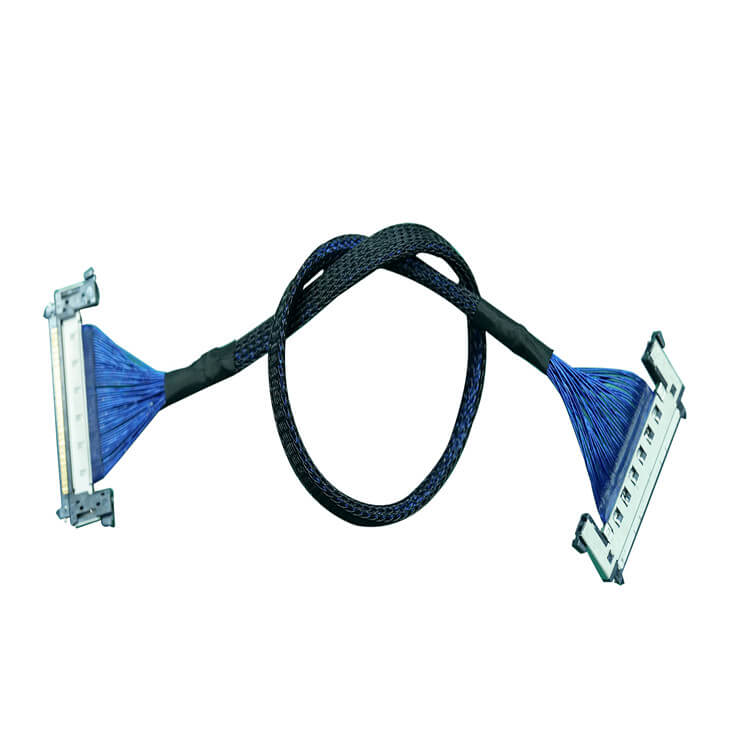In today’s tech-driven world, the demand for high-performance micro-coaxial cables is skyrocketing. However, traditional cables often rely on non-recyclable plastics and harmful materials, contributing to environmental pollution. Enter biodegradable insulation materials—a groundbreaking innovation merging cutting-edge technology with eco-conscious design. This article explores how these materials are revolutionizing micro-coaxial cables, why they matter, and how to choose reliable solutions for your needs.
Micro-coaxial cables are essential for transmitting high-frequency signals in devices like smartphones, medical equipment, and IoT gadgets. Their insulation layers protect against interference and ensure signal integrity. Unfortunately, conventional insulation materials like polyethylene (PE) or polyvinyl chloride (PVC) can take centuries to decompose, adding to landfill waste and microplastic pollution.
Biodegradable alternatives break down naturally under specific conditions (e.g., industrial composting), reducing environmental harm. With stricter global regulations on electronic waste and rising consumer demand for sustainable products, adopting these materials is no longer optional—it’s a necessity.

Q: Are biodegradable cables as durable as traditional ones?
A: Yes! Advanced materials like PHA match or exceed conventional plastics in heat resistance and flexibility.
Q: Do they cost more?
A: Initially, yes—but prices are dropping as production scales. Long-term savings from waste reduction and compliance offset costs.
Q: Can I compost these cables at home?
A: Most require industrial composting (high heat/microbes). Check supplier guidelines for proper disposal.
Q: Where can I buy eco-friendly micro-coaxial cables?
A: Start with suppliers like [Company X] or [Brand Y], which specialize in sustainable cable solutions.
Our factory offers high-quality products at competitive prices
In LVDS (Low Voltage Differential Signaling) display systems, Micro-coaxial Cable (also referred to as Micro Coax Cable) stands out as an optimal solution for high-resolution, high-reliability signal transmission. Designed to meet the str.
H1: Precision Instrument Micro-Coax – Engineered for Critical Signal Integrity Meta Description: Discover Precision Instrument Micro-Coax: Miniature coaxial cable solution optimized for high-frequency signal transmissio.
Feel free to reach out to us for any inquiries or orders